Emotion
-
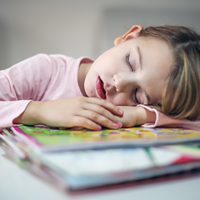
Insufficient sleep might affect children’s emotional health
Data from a new study published in the Journal of Child Psychology and Psychiatry suggest that insufficient sleep can affect emotional health in children. The study, conducted by Candice Alfano and colleagues, assessed the impact of sleep duration on different aspects of emotion in a cohort of 53 children aged 7-11 years old.
Read more -
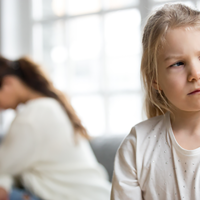
The DSM-5 criteria for DMDD overlook children with context-specific impairing irritability
Impairing irritability is common in children with attention deficit/hyperactivity disorder (ADHD), but little is known about its prevalence across contexts. Now, data from a study recently published in Child and Adolescent Mental Health have shed light on the prevalence of context-specific irritability in ADHD and how it varies depending on parenting practices and sleep problems.
Read more -
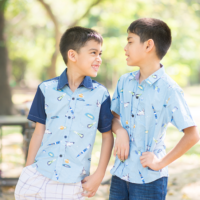
Is aggression linked with academic performance in young people?
A new study published in the Journal of Child Psychology and Psychiatry has investigated the association between aggression and academic performance in >27,000 young people enrolled in four twin cohorts comprising the ACTION consortium.
Read more -
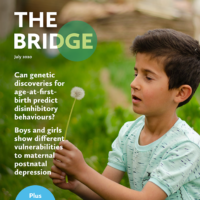
July 2020 – The Bridge
In this issue, we summarise recent studies on a wide range of topics – including sleep, sensory symptoms, emotional symptoms, disinhibition, alcohol misuse, complex PTSD symptoms, and self-harm – which reveal new insights helping us to better understand and address psychopathology in young people.
Read more -

In Conversation… Emotional Regulation with Dr. Emily McGlinchey, and Dr. Joseph Morning
How does emotional regulation manifest in children and young people? What are the interventions? What can parents and schools do to assist? Plus what’s does the latest research say? Includes transcription, and links.
Read more -

DBT-A can enhance emotion regulation in ethnic minority youth
Ethnic minority youth often experience environmental and culturally relevant stressors, putting them at risk of developing self-regulation difficulties and engaging in self-harm.
Read more -
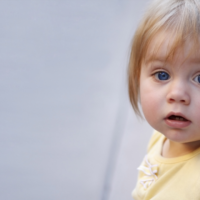
Can we predict (complex) PTSD in young people in foster care?
Adverse, early life experiences put young people at risk of developing psychological difficulties. Potential difficulties might include post-traumatic stress disorder (PTSD) or the newly proposed, complex PTSD.
Read more -
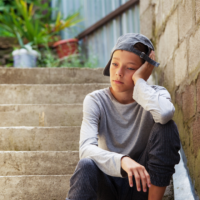
Suicidal ideation in children: is it written all over their face?
A study recently published in the JCPP, has investigated how suicidal thoughts might develop in childhood, focusing on the parent–child relationship.
Read more -

Do the same mechanisms drive social anxiety in autistic and neurotypical adolescents?
Researchers at King’s College London have recently published data on how cognitive, emotional and sensory factors are associated with social anxiety in adolescents with autism.
Read more -

Allowing young children to play with their friends must be prioritised as soon as possible when lockdown is eased
Play is so essential for children’s wellbeing, this blog summarises why it’s essential for children to resume playing with their peers as soon as possible.
Read more